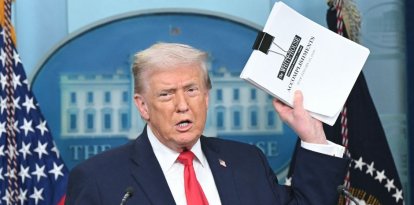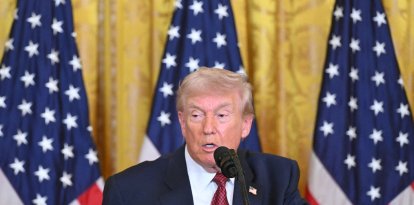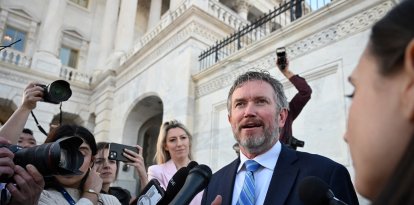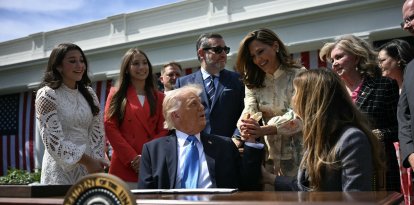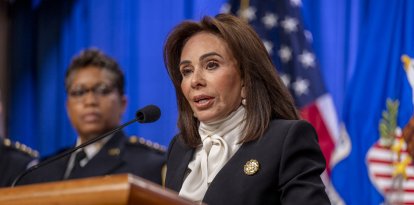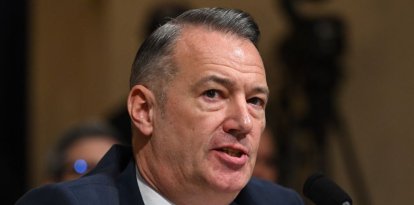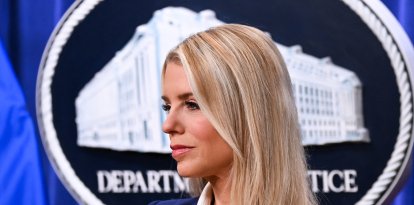Influencer Douglass Mackey sentenced to prison for "electoral interference" for making memes about Hillary Clinton
The prosecutor's office for the Eastern District of New York assured that the young man encouraged the Democrat's followers to cast votes - invalid ones - through text messages.

Douglass Mackey
The U.S. Attorney's Office for the Eastern District of New York reported that social media influencer Douglass Mackey was sentenced to seven months in prison after receiving a conviction for "election interference in the 2016 presidential race." Mackey was convicted of the March 2023 charge after a three-week trial.
The sentence was announced by Breon Peace, United States Attorney for the Eastern District of New York, Acting Assistant Attorney General Nicole M. Argentieri, and James Smith, Assistant Director in Charge of the Federal Bureau of Investigation (FBI).
“One of the foundational rights we hold as Americans, a right that many fought so hard to obtain, is the right to vote. The defendant weaponized disinformation in a dangerous scheme to stop targeted groups, including black and brown people and women, from participating in our democracy” said Attorney Peace.
"He spread fraudulent messages"
The events date back to the presidential election in which Hillary Clinton and Donald Trump faced each other. According to prosecutors, the young man published messages on his social networks in which he invited people to vote for Clinton in a link. These are memes that Mackey posted on his platforms in which he jokingly encouraged Clinton supporters to cast their votes via text message.
"Between September 2016 and November 2016, Mackey conspired with other influential Twitter users and with members of private online groups to use social media platforms, including Twitter, to disseminate fraudulent messages that encouraged supporters of presidential candidate Hillary Clinton to “vote” via text message or social media which was legally invalid," explained the prosecutor's office.
The message published on social networks
Specifically, the prosecutor refers to, for example, a message posted on November 1, 2016 with an image showing an African-American woman standing in front of a “African Americans for Hillary” sign. The ad said: “Avoid the Line. Vote from Home,” “Text 'Hillary' to 59925,” and “Vote for Hillary and be a part of history.”
"On or about and before Election Day 2016, thousands of unique telephone numbers texted “Hillary” or some derivative to the 59925 text number, which had been used in multiple deceptive campaign images tweeted by Mackey and his co-conspirators," held the office.
Despite Mackey's arguments against, the US Administration has made a great effort to make it clear that voting by text message is not allowed in the United States, as demonstrated various government pages. Also, just before the 2016 elections was alerted several times that it was a joke. In fact, Jack Dorsey, former director of Twitter, assured that Mackey's memes were reviewed by the platform.
"Not sure how this got past us. Fixed (and thanks for reporting)," Dorsey wrote on the social network.
But Mackey was not the only one to do it. Network users recalled that Democratic supporters did the same with President Donald Trump. This is the case of actress Kristina Wong, who with her publications also encouraged the Republican's followers to vote for him through text messages and an invalid link.
However, no court decision was issued in that case. "other memes, also instructing people to vote for president via text, were distributed by social media users telling people to cast their vote for Trump via text. Mackey was convicted while no one else was even charged," said The PostMillennial.
















